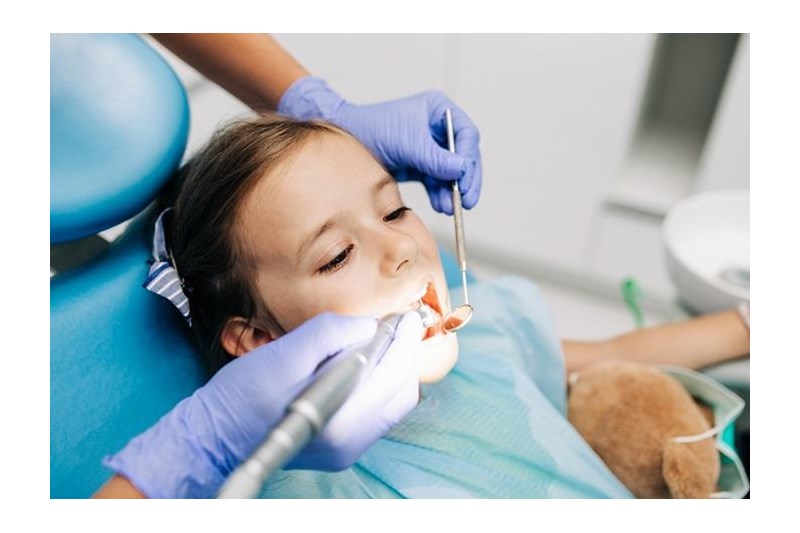30,000 rotten teeth removed from children in hospitals
Published: 09/02/2024
Data published by the NHS for the financial year 2022 to 2023 exposes a concerning reality: a staggering 47,581 episodes of tooth extractions for 0 to 19-year-olds in NHS hospitals, marking a distressing trend in childhood oral health.
Of these extractions, a significant 66 per cent – 31,165 episodes – were attributed to tooth decay.
There has been a 17 per cent increase in decay-related tooth extractions for 0 to 19-year-olds compared to the previous financial year (2021 to 2022). The increase has been attributed to the ongoing recovery of hospital services from post-Covid-19 backlogs.
Notably, children and young people residing in the most deprived communities faced a staggering 3.5 times higher decay-related tooth extraction rates than those in affluent areas. Which the Oral Health Foundation says, highlights deep-rooted oral health inequalities.
The charity also said it is concerning that tooth decay remains the leading cause of hospital admission for children aged five to nine years.
Nigel Carter, chief executive of the Oral Health Foundation, said, "In the face of staggering oral health inequalities, it is disheartening to witness over 30,000 teeth being extracted due to tooth decay. It is a stark reminder of the persistent connection between dental health and deprivation.
“The current data reveals a concerning truth – although the number of extractions is lower than pre-covid levels, the lingering backlogs in the system obscure the real extent of the issue. This situation is unequivocally unacceptable, demanding immediate action.
“To combat childhood tooth decay, the implementation of preventive policies such as water fluoridation and comprehensive toothbrushing programmes is imperative.
“The government must step up efforts to enhance dental access nationwide, ensuring that every child has the opportunity to receive routine dental care. It is time for a concerted effort to address this pressing public health concern and pave the way for a brighter, healthier future for our children."
Geographical variations in decay-related tooth extraction rates are evident, with Yorkshire and the Humber reporting the highest rates (405 per 100,000 population of 0 to 19-year-olds) and the East Midlands the lowest (80 per 100,000 population of 0 to 19-year-olds).
On the financial front, the costs to the NHS for hospital admissions related to tooth extractions in children aged 0 to 19 years were estimated at £64.3m, with £40.7m specifically for decay-related procedures.
Nigel added, "The current lack of urgency to eradicate childhood tooth decay is unacceptable. Acceptance is not an adequate response; it's time for a concerted and decisive effort to prioritise and eliminate this preventable health issue in children."
A Department of Health and Social Care spokesperson said, “Access to dental services is improving, and last year, around 800,000 more children saw an NHS dentist. Our new dental recovery plan sets out how we will make access to dentistry faster, simpler and fairer. The plan – backed by £200m of government funding – will create an additional 2.5m dental appointments for patients over the next 12 months.
“We will also drive a major new focus on prevention and good oral health in young children. This includes the Smile for Life programme – providing advice to parents and parents-to-be to promote good practices in their children – and providing fluoride varnish for children in schools in under-served areas to reduce tooth decay.”
For more information visit Hospital tooth extractions in 0 to 19 year olds: 2023
Author: N/A













